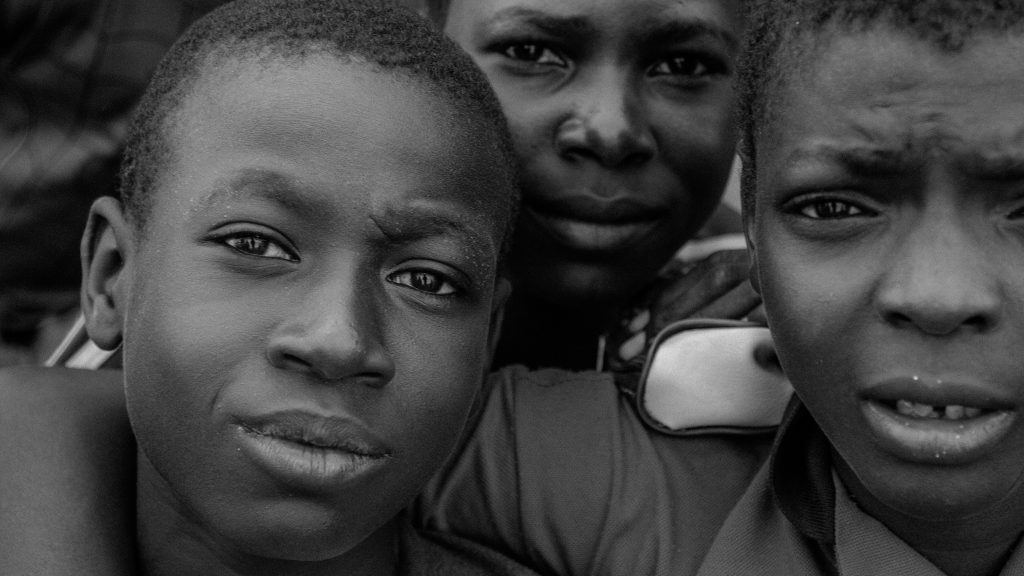Recognizing and Challenging Male Privilege
Men must first recognize the privilege they hold in a patriarchal society. Gender inequality benefits men, whether they are aware of it or not. Recognizing male privilege involves understanding how men benefit from power structures that disadvantage women and contribute to GBV. Once this privilege is recognized, men can begin to challenge the systems that uphold it.
Men can also take responsibility for their role in perpetuating gender stereotypes and behaviors that contribute to GBV. Whether it’s through engaging in misogynistic jokes or remaining silent in the face of sexist behavior, many men unintentionally support the structures that enable GBV. By becoming more conscious of their actions and their impact, men can contribute to changing the culture that allows violence against women to thrive.
Promoting Healthy Masculinity
One of the most effective ways to prevent GBV is to promote healthier models of masculinity. Healthy masculinity involves rejecting harmful gender stereotypes that associate men with violence, control, and emotional repression. Instead, it encourages men to embrace qualities like empathy, compassion, and emotional expression.
Men can promote healthy masculinity by fostering open conversations about gender, relationships, and respect. This could mean encouraging boys to express their emotions in healthy ways, teaching them about consent, and modeling respectful, non-violent behavior in relationships. When men and boys learn that masculinity does not need to be tied to aggression or control, they are less likely to engage in or condone GBV.
Educating Themselves and Others
Education is key to preventing GBV, and men must take the initiative to educate themselves about the issue. This could involve reading about gender inequality, attending workshops on GBV prevention, or engaging in discussions with women and other men about the impact of violence.
Once men are educated, they can use their knowledge to educate others. Men who are in positions of power or influence—whether as fathers, mentors, teachers, or community leaders—can play a significant role in raising awareness about GBV and promoting gender equality. By fostering a culture of respect and equality, men can help change attitudes and behaviors that perpetuate violence.
Advocating for Policy Change
In addition to individual actions, men can contribute to the fight against GBV by advocating for systemic change. This could involve supporting policies that protect survivors of GBV, advocating for stronger legal protections against violence, or pushing for more comprehensive education programs on consent and healthy relationships in schools.
Men can also work to create safer environments in their workplaces, communities, and institutions by promoting gender equality and challenging discriminatory practices. For example, men in leadership positions can work to ensure that their organizations have clear policies on sexual harassment and that these policies are enforced. They can also support initiatives that promote gender equality in hiring, pay, and leadership opportunities.



